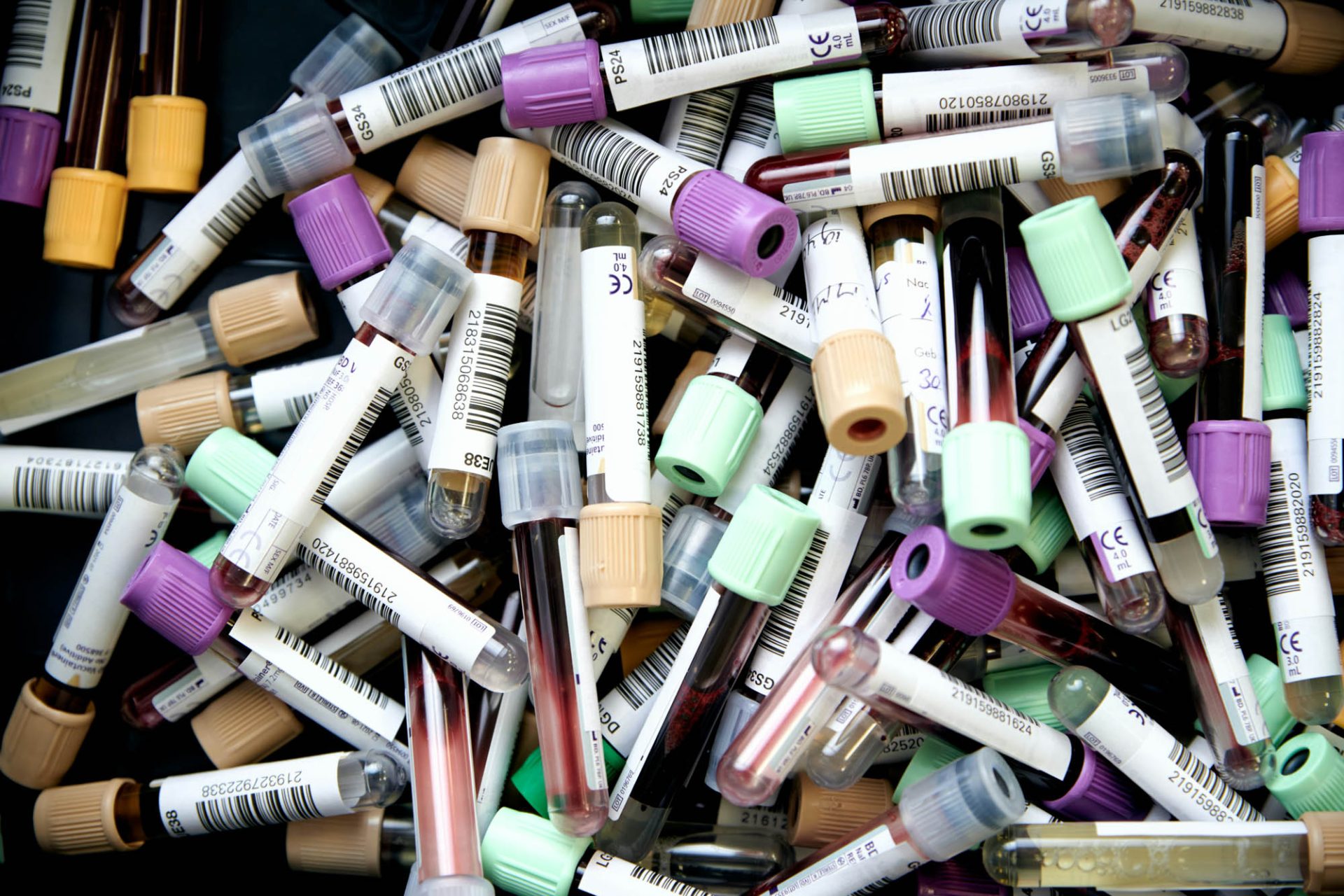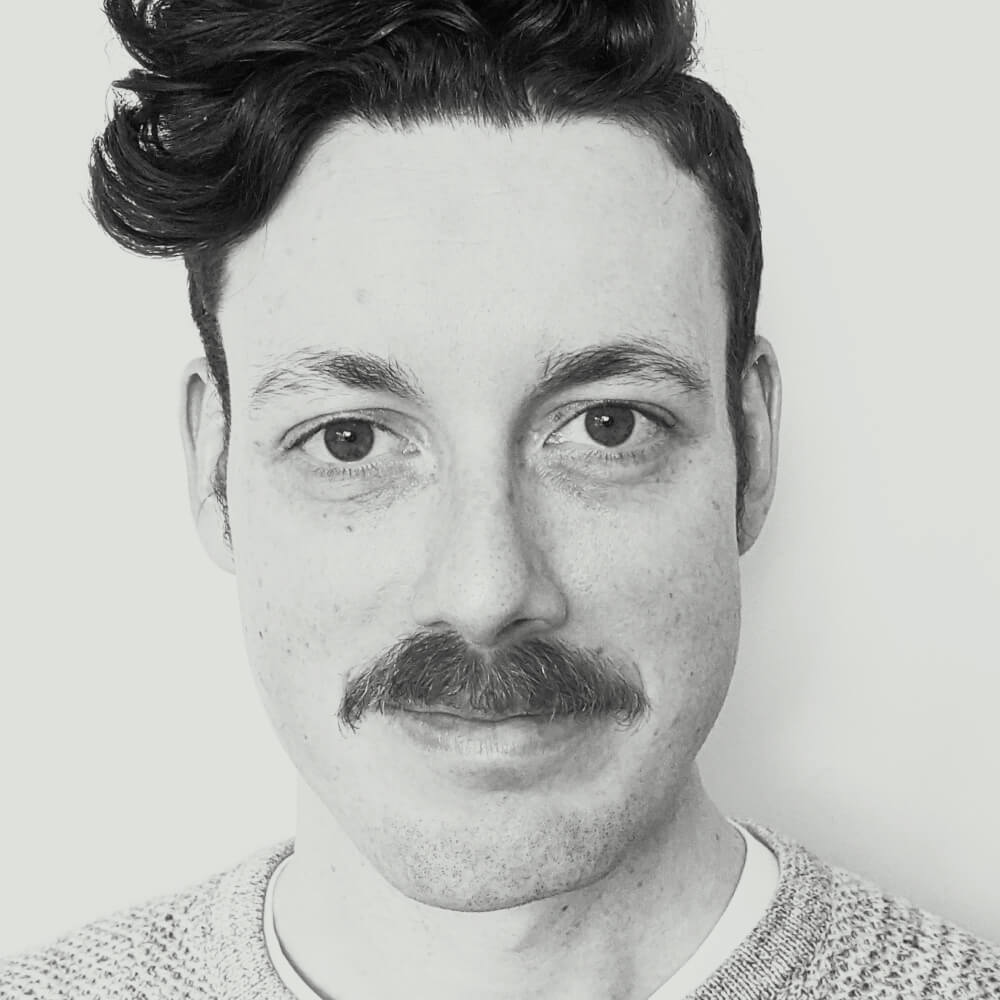It’s difficult to imagine a sporting event as purposefully provocative as the Enhanced Games. First floated as an idea last year, the billionaire-backed “Olympics of the Future” is increasingly hard to ignore: between news articles, TV reports and the distant rustle of handwringing within sport’s institutions, there’s a whole lot of noise: and fair enough, because after all, we are talking about a sporting event explicitly targeting world records through medical and technological enhancements.
For many, the concept is dangerous and borderline offensive, an affront to all sport. For others, it’s a future-looking quest for the ultimate in human performance. There is little middle ground. But with each passing day, the polarising event comes a little closer to reality – and, according to its founder and president, cycling might soon be on the Enhanced Games’ radar.
The Enhanced Games is the brainchild of Australian-born, London-based entrepreneur Aron D’Souza – an Oxford-educated lawyer and businessman who, in announcing the Games, explicitly set his sights on the OIympic movement: “I’ve spent my life fighting corruption and evil. Today, I’m pleased to announce my next battle: the International Olympic Committee,” he wrote on Instagram last year. [The most prominent example of D’Souza’s self-proclaimed fight against ‘evil’ is perhaps his orchestration of billionaire Paypal co-founder Peter Thiel’s secretly-funded, revenge-laced lawsuit against Gawker Media on behalf of Hulk Hogan, which ultimately led to the collapse of the media empire.]
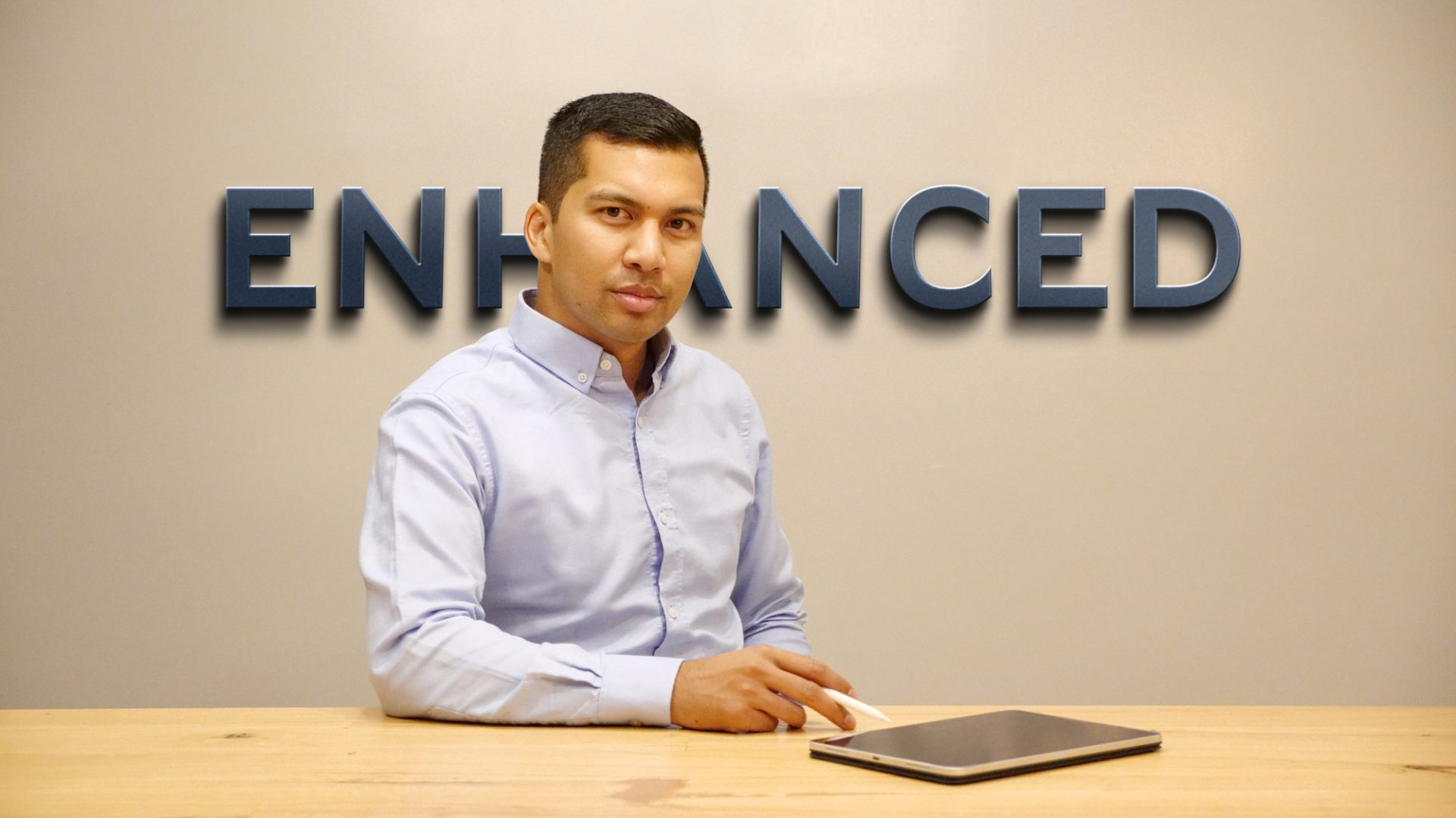
Over the months since, the vision of the Enhanced Games has come steadily into focus. Financial backing has come in, most prominently from billionaires like Thiel, biotech entrepreneur Christian Angermayer, and the multi-millionaire Balaji Srinivasan, former CTO of the cryptocurrency exchange, Coinbase. These venture capitalists have been drawn either by the altruistic, humanity-enhancing possibilities of the Enhanced Games framework, or by the opportunity to ruffle feathers – or perhaps both.
The provocation continues on the Enhanced Games website, with a section on ‘Inclusive Language’ linking the phrase ‘clean athlete’ to dehumanising language used by Nazi Party propaganda. In the Enhanced Games paradigm, ‘doping’ is a “colonialist slur that reeks of symbolic and historic violence against the black and enhanced population”; the word ‘cheat’, meanwhile, “is malicious and defamatory”. “Pioneers” like Lance Armstrong are called out for the “heroic” act of “embracing science to unlock the true human potential”.
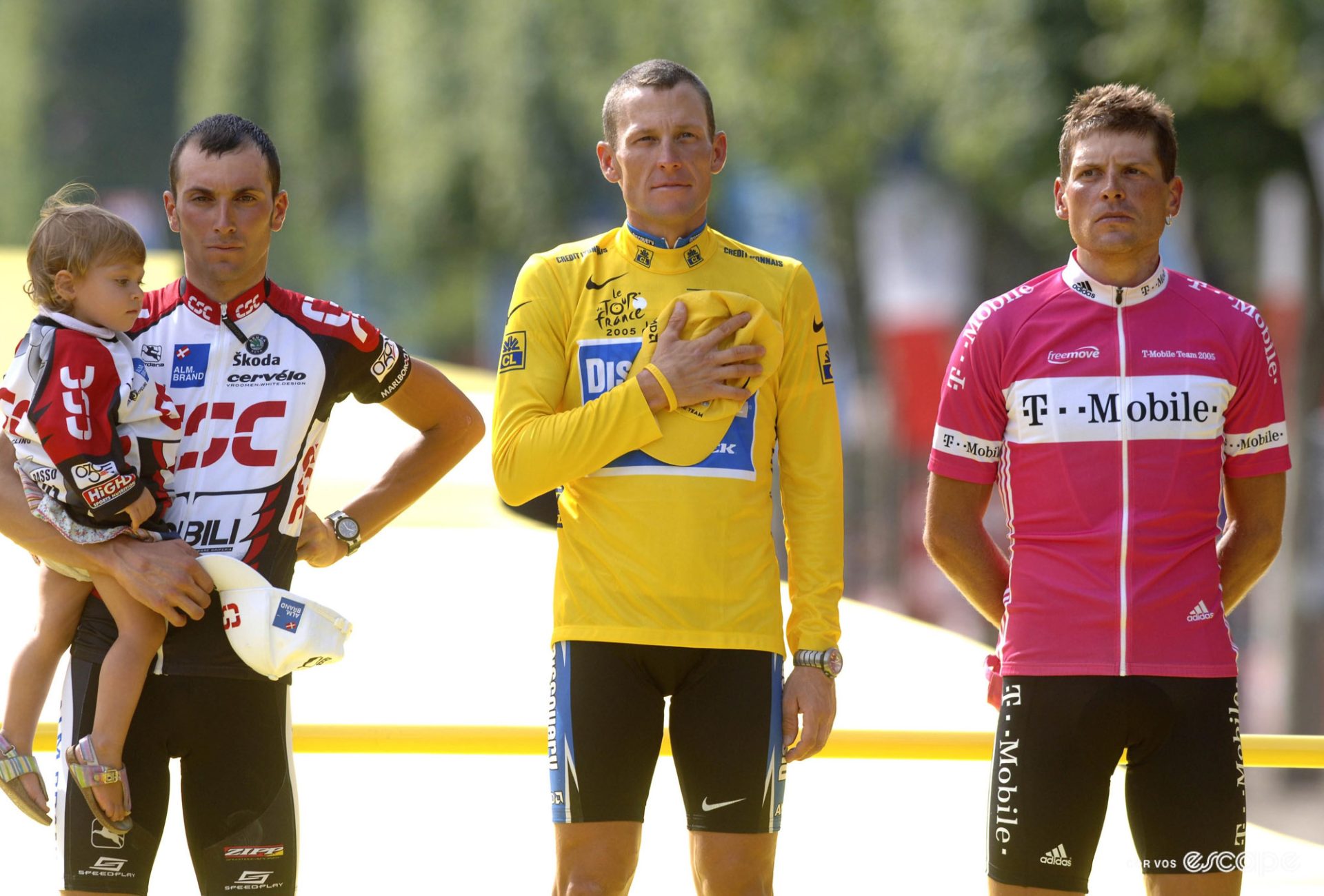
As the Enhanced Games take shape, there are many questions – medical, ethical and logistical – that remain unanswered, but detail is slowly being filled in. So far, the program is structured around the five “core categories” of sports: athletics, aquatics, gymnastics, strength and combat, although there is potential to expand beyond that. D’Souza told Escape Collective that while road or track cycling are “unlikely” to be included in the inaugural games, “due to the high cost of infrastructure and delivery”, road cycling is “likely” to enter future iterations. [“Track cycling is unlikely due to the smaller audience number and high cost of fixed infrastructure,” D’Souza noted].
There’s now some clarity on the Enhanced Games timeline, even if cycling’s place on it remains theoretical for now. Originally slated for December 2024, D’Souza told Escape Collective that “qualification will start on 10 August 2024, immediately after the close of the Paris Olympics” – a date chosen, D’Souza has hinted, to allow top athletes to switch focus and begin a program of ‘enhancements’ in the lead up to “the first regional qualification event … in late 2024 and early 2025.” The first full games, D’Souza told us, will take place in “mid-2025”. (That’s the ‘when’ – he did not respond to an enquiry about ‘where’.)
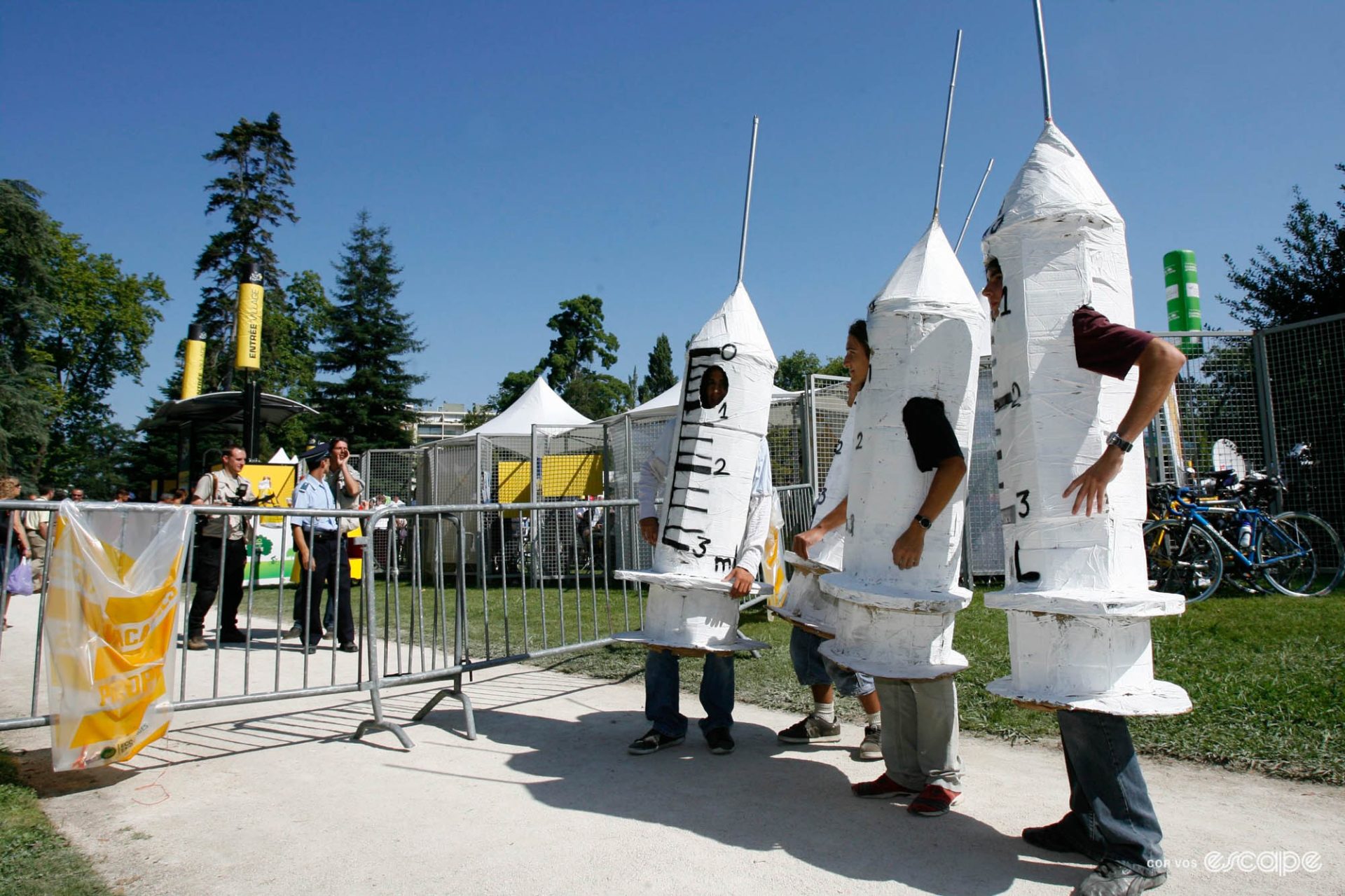
While D’Souza claims that there has been interest expressed by hundreds of athletes across the Enhanced Games, there’s only been one high-profile athlete to publicly state their plans – the retired Australian swimmer, James Magnussen, who said last week that he would “juice to the gills” to break the 50 m freestyle world record and claim the US$1 million prize promised by D’Souza. For athletes existing within a WADA and IOC-aligned framework, there is far less freedom of participation – particularly if that comes with enhancements outside of the permitted scope of their chosen sport. [The UCI did not respond to a number of questions for this story, including whether there was any scenario in which UCI-registered athletes would be able to take part in the Enhanced Games, with or without enhancements].
Perhaps predictably, there has been widespread condemnation of the Enhanced Games from much of the sporting community. Retired Australian track cyclist and Olympic gold medallist Anna Meares has described the concept as “a joke … unfair, unsafe”, while numerous anti-doping bodies have expressed their concerns for athlete health. “The Australian Olympic Committee believes the concept of a drug-enhanced games is dangerous,” AOC chief, Matt Carroll, has said.
That’s a view that D’Souza pushes back against, describing on the event website his aim for the Enhanced Games “to be the safest sporting event in the world”. However, with its libertarian leanings, there are inevitably lingering questions about how that safety can be guaranteed when there’s a million dollars on the line, and no drug testing – or even disclosure – required. “Athletes are adults … [with] a right to do with their body what they wish – my body, my choice; your body, your choice,” D’Souza told AAP last year. This week he’s also hinted at incorporating “bionic and cybernetic enhancements” such as Elon Musk’s Neuralink brain chip implants.
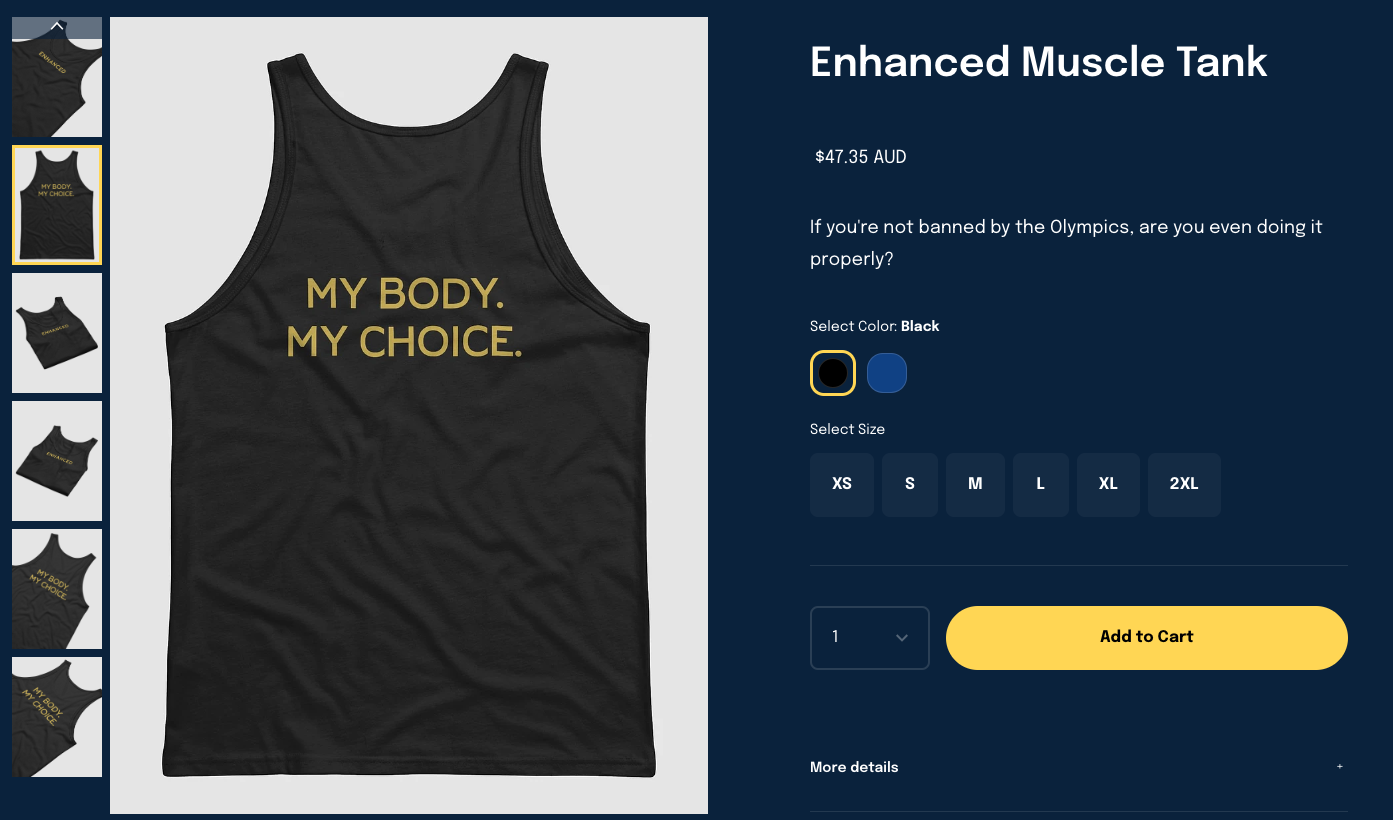
In cycling, a sport with a particularly fraught (and ongoing) relationship with doping, the Enhanced Games are likely to be met with, at best, a healthy dose of suspicion. That’s baggage on top of the broader questions conjured by the event – an Olympics of doping that is riddled with ethical conundrums, and designed from the ground up to explicitly threaten what D’Souza describes as the “paternalistic sports federation[s]” currently holding the reins. There are many valid questions to be asked about the IOC’s wealth and influence, but there are also valid concerns to be had about whether the Enhanced Games is the platform to answer them.
At the core of this event, however, lies a uniquely 21st century phenomenon – a website using the language of activism to encourage athletes to “embrace capitalism” via drug-taking packaged as “bodily sovereignty”, bankrolled by the conservative-leaning ultra-rich. If D’Souza has his way, cycling will enter the orbit of the Enhanced Games before too long – but there’s much moral wrangling to be done before then.
What did you think of this story?
